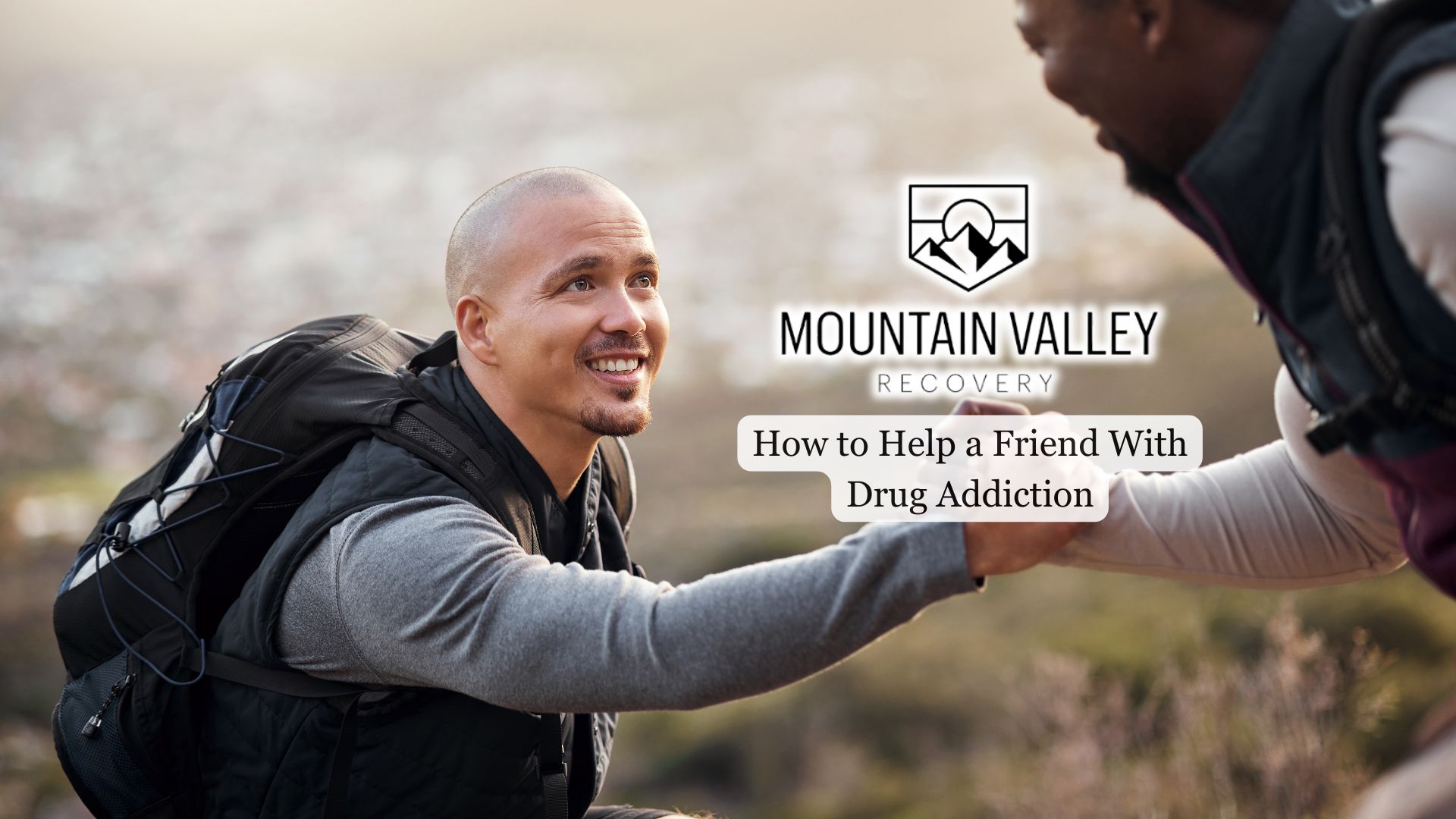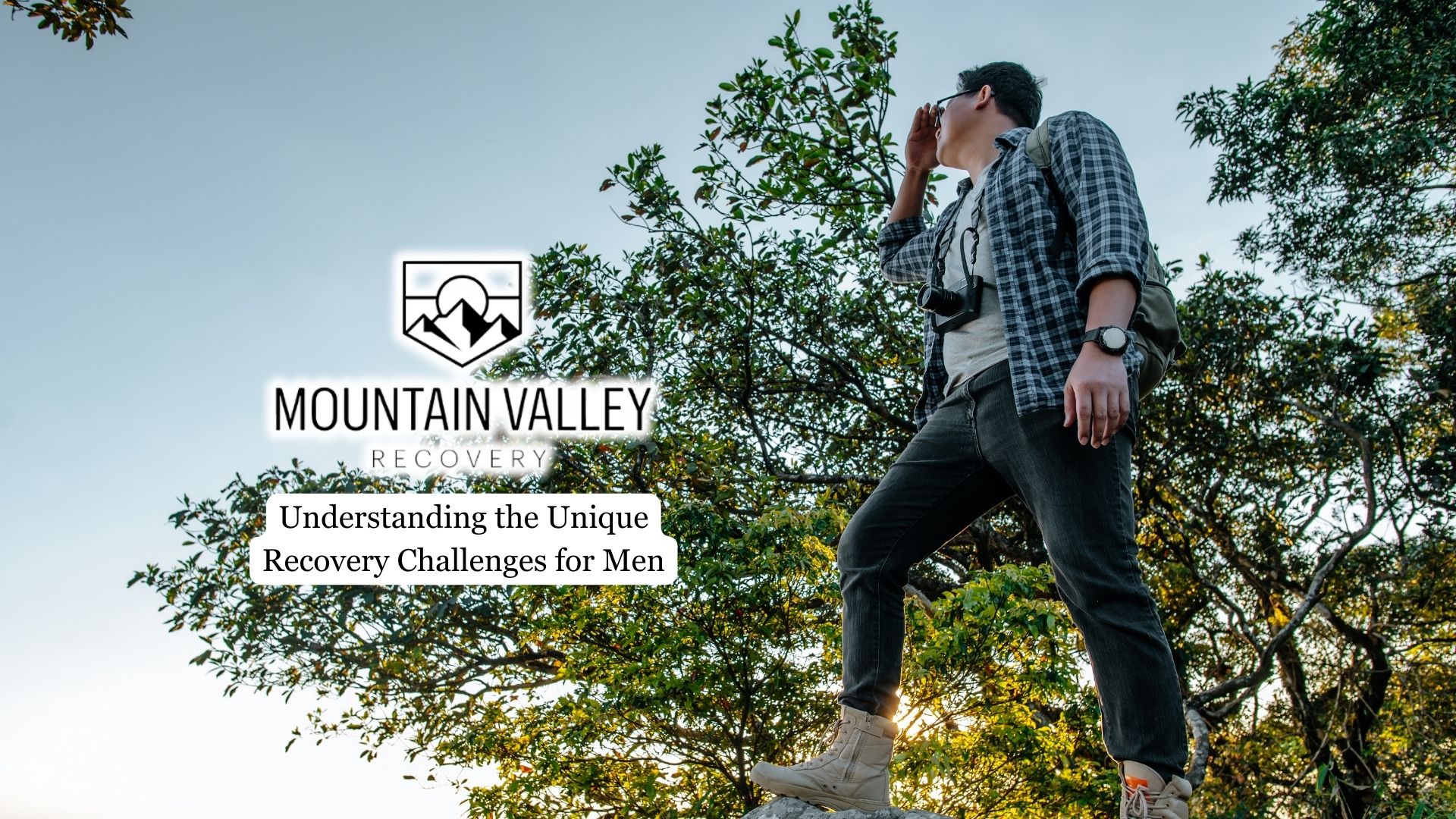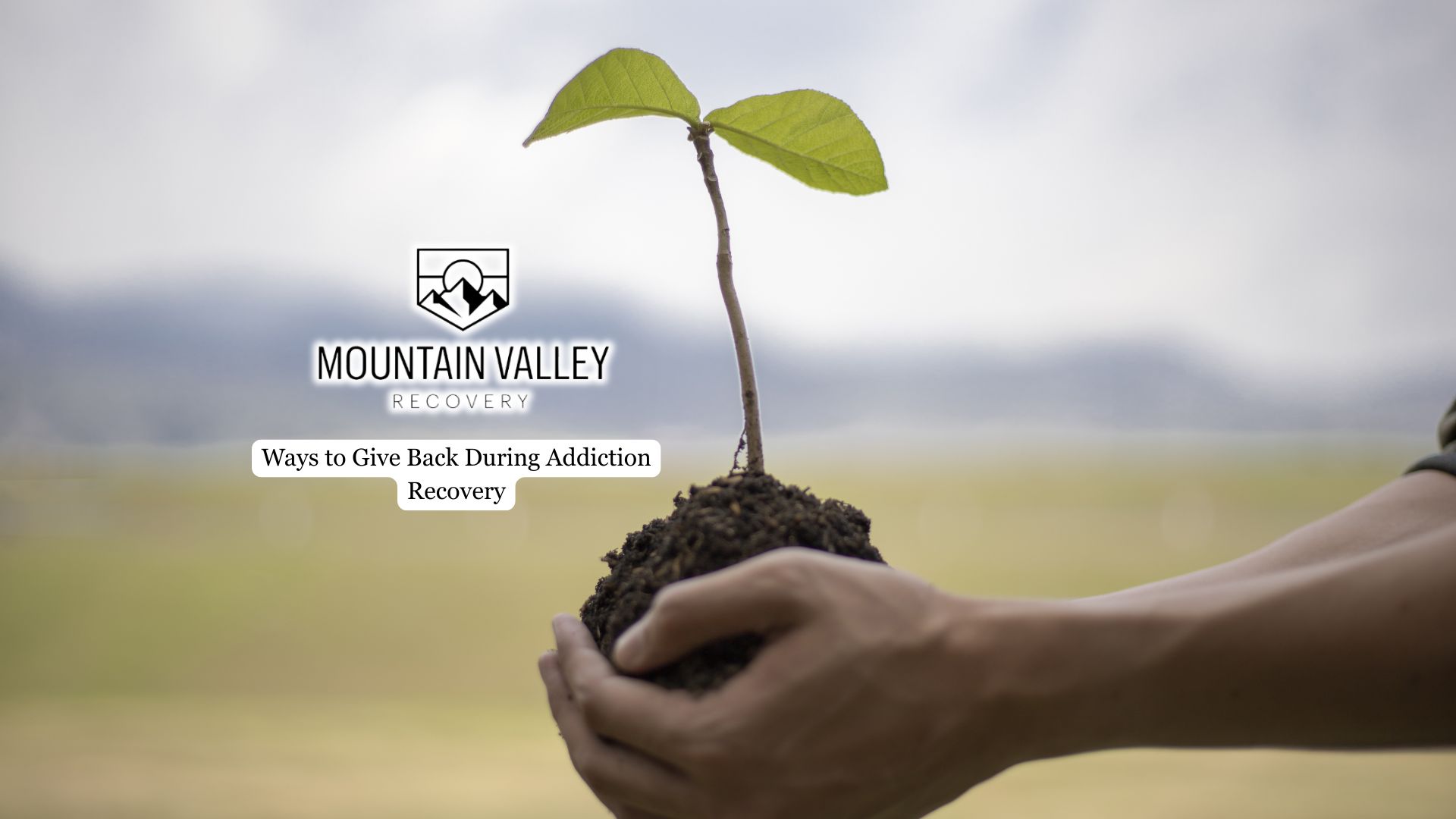Watching a friend battle drug addiction is painful. You want to help but are unsure how to approach the situation without pushing them away. Addiction is complicated, and supporting someone through it requires patience, knowledge, and the right approach.
This article will explain how understanding addiction and learning how to communicate effectively with your struggling friend can make a real difference in their path to recovery.
Understanding Addiction as a Disease
Addiction isn’t a choice or a lack of willpower—it’s a disease that rewires the brain. Drug use alters brain chemistry, making it difficult for someone to stop using even when they recognize the harm. Many men struggling with addiction deal with underlying issues like stress, trauma, or mental health disorders. This is why simply telling them to quit isn’t enough. They need structured support, not judgment.
Recognizing addiction as a disease helps shift the conversation from blame to support. Instead of viewing their behavior as a moral failing, understand that they need professional intervention to break free from the cycle.
Recognizing the Signs of Addiction
If you suspect your friend is struggling with drug addiction, look for clear warning signs. Behavioral changes, such as withdrawing from social circles, neglecting responsibilities, and frequent mood swings, often indicate a deeper issue. Physical signs like weight loss, poor hygiene, and unusual sleep patterns may also be present. Financial struggles, legal problems, or sudden secrecy can further signal that drugs have taken control.
Men often try to hide their struggles, fearing judgment or appearing weak. If your friend is displaying these signs, don’t ignore them. A direct but supportive approach can help them realize they need help.
How to Talk to Your Friend About Their Addiction
Approaching the conversation requires careful thought. Timing is crucial—find a calm moment when they’re sober and receptive. Instead of accusing or lecturing, express concern in a way that encourages openness.
Use statements focusing on what you’ve noticed and how it affects them. Saying, “I’ve noticed you’ve been struggling lately, and I’m worried about you,” is more effective than, “You have a drug problem.” Expect resistance, but remain patient. Many men respond with denial or defensiveness, but persistence and consistency in your support can make a difference over time.
Avoid ultimatums unless safety is at risk. The goal is to encourage, not force, them into seeking help.
Supporting Without Enabling
Supporting a friend doesn’t mean shielding them from consequences. Many men dealing with addiction rely on those around them to cover up their mistakes, whether by providing money, making excuses, or bailing them out of trouble. While these actions may come from a place of care, they often do more harm than good.
Proper support means setting boundaries while guiding them toward professional help. Encouraging accountability, refusing to enable destructive behaviors, and reinforcing that recovery is possible will have a more significant impact than temporary fixes. Let them know you’re there for them, but their recovery is their responsibility.

Encouraging Professional Help and Rehab
Overcoming drug addiction isn’t just about quitting; it’s about rebuilding a stable and fulfilling life. Many men believe they can stop using on their own, but withdrawal symptoms, psychological cravings, and deep-rooted emotional struggles make long-term sobriety difficult without the proper support.
Professional treatment provides structure, accountability, and access to medical and psychological care, significantly increasing the chances of lasting recovery. Rehab offers a space where men can focus entirely on healing, free from the triggers and pressures of everyday life. Through therapy, peer support, and specialized treatment plans, they can develop the skills needed to maintain sobriety and regain control over their future.
When Intervention Becomes Necessary
If your friend refuses to acknowledge their addiction despite clear consequences, a structured intervention may be the next step. This isn’t about confrontation—it’s about presenting reality in a way that motivates them to seek help. Professional interventionists can guide the process, ensuring the conversation is productive rather than combative.
If your friend’s addiction is leading to severe health risks, legal trouble, or putting others in danger, immediate action is necessary. Helping them enter rehab before they hit rock bottom can be the difference between recovery and further destruction.
Final Thoughts from Mountain Valley Recovery
Mountain Valley Recovery offers long-term, holistic addiction treatment for men, combining therapy, life skills, and hands-on ranch work in the peaceful Utah landscape.
Our approach provides structured care tailored to the unique challenges men face in addiction, helping them build resilience and lasting sobriety. In a setting free from distractions, men can confront the root causes of addiction and develop the tools needed for a healthier, more fulfilling life. With the right guidance and commitment, a future free from addiction is within reach.





